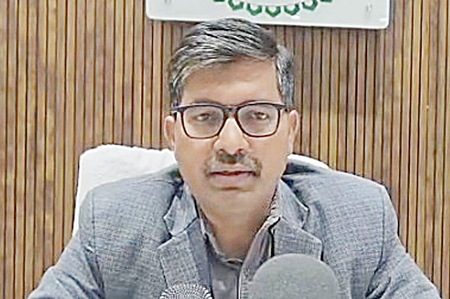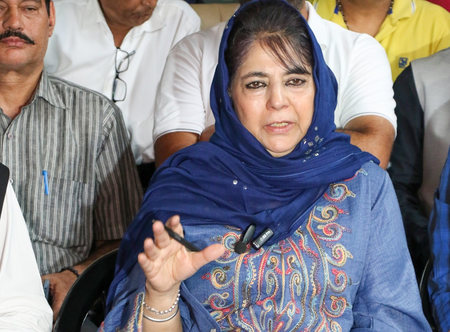
New Delhi, Oct 29 (IANS) The cloud-seeding operation planned for Wednesday in Delhi has been put on hold due to insufficient moisture in the clouds, the IIT Kanpur said. It also informed as the process remains highly dependent on favourable atmospheric conditions, another attempt on inducing artificial rains will be taken up soon.
IIT Kanpur in an official statement about cancellation of today’s schedule, said, “While rainfall could not be triggered yesterday because moisture levels were around 15 to 20 per cent, the trial delivered valuable insights. Monitoring stations set up across Delhi captured real-time changes in particulate matter and moisture levels.”
“The data shows a measurable reduction of 6 to 10 per cent in PM2.5 and PM10 concentrations, indicating that even under limited moisture conditions, cloud seeding can contribute to improved air quality,” it added.
The prestigious institute further said that such observations strengthen our planning for future operations and help us better identify conditions for maximum benefit.
“IIT Kanpur remains committed to advancing this research with scientific discipline and a clear focus on improving environmental outcomes for the National Capital Region,” it added.
Meanwhile, the much-anticipated attempt to induce artificial rain through cloud seeding over parts of Delhi turned out to be “not completely successful.” According to IIT Kanpur Director Manindra Agrawal, the failure was largely due to insufficient moisture in the clouds, emphasising that cloud seeding is not a magic bullet for Delhi’s pollution crisis but rather an emergency, last-resort measure.
Speaking exclusively to NDTV last night, Agrawal, whose institute is spearheading this drive along with Delhi government for this experimental project said that the team plans to make fresh attempts over next few days, expressing hope for improved results.
Notably, the IIT Kanpur-led team used a mixture comprising 20 per cent silver iodide and the rest made up of rock salt and common salt to seed the clouds. On Tuesday, 14 flares were fired in total.
When asked whether cloud seeding could serve as a long-term remedy for Delhi’s persistent air pollution, Agrawal was clear in his response.
“It is an SOS solution, something to attempt only in a crisis when pollution levels are extremely high. It is not a permanent solution. The permanent solution, of course, is to control the sources of pollution. Ideally, we should reach a stage where there’s no need for cloud seeding because pollution itself has been eliminated. Until then, this is one of the tools available to provide temporary relief,” he said.
–IANS
jk/mr




